‘Hey’ is a new series where we catch up with interesting people from Plymouth and the surrounding area. We discover what they are about and what they are up to.
Next up in the series is Tracey Swan, SKATEtotheMAX CIC.
Tracey is the founder, director, artist, and film-maker of SKATEtotheMAX, a Community Interest Company (CIC) highlighting skateboard safety through social engagement. They host workshops where you will learn how to build your own board, and gain knowledge and practical skills to go and press more skateboard decks at home.
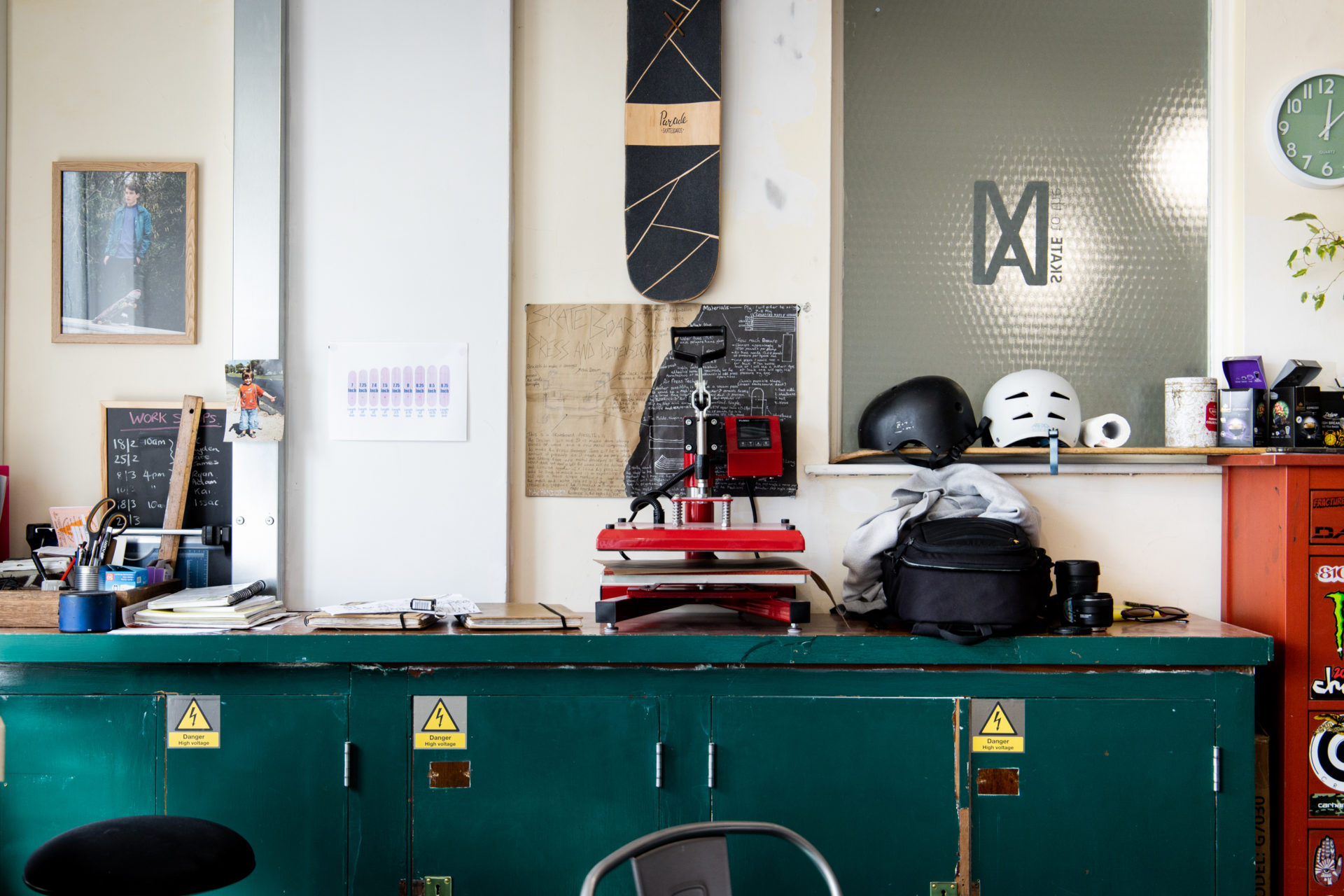
How are you?
I am very good.
How did SKATEtotheMAX come about?
SKATEtotheMAX came about as a tragic accident. In 2019 my son had been to a skate jam and had just finished his pre-degree at Plymouth College of Art. He celebrated with his mates as he had a great skate and won a few prizes. Skating later that night, Max fell and hit his head. His head took the impact of the fall, and he was taken off to the hospital. It was a very tragic weekend; subsequently, he died of traumatic brain injuries later that weekend.
We thought we couldn’t let this slip so in the depths of grief and lockdown. We thought Max’s accident was just like a one-off freak accident, and we thought, how could this happen? The more we looked into it, we found that it wasn’t that uncommon. We had some statistics come back from America; I think California had one fatality a month due to traumatic brain injury for not wearing helmets. So, between me and my daughters, Elise, Abby and Milly, we decided to set up SKATEtotheMAX, which was very small. We thought we’d set it up as a Community Interest Company, raising awareness of head protection and keeping safe so this wouldn’t happen again.
That’s how it started: punching out ideas on the dining room table; none of us were skaters. We knew how much Max loved it, how much of a community it was for him, and how much he’d often speak about how it helped his mental health and how his little community of skateboarders would rally together, and they’d all pull each other together.
Max was very sociable, so skateboarding suited him down to the ground. That, combined with attending the College of Art and doing the pre-degree. He was determined to make a skateboard press to make his skateboard. He built his prototype the first year and pressed a few skateboards. Still, they weren’t quite his liking, so the second year he perfected it and made the press that we now have in the studio. He learned to weld and make more mathematical calculations with the hydraulics and the press.
We decided to continue that dream for a while and make some skateboards. I don’t know how it evolved, but we decided it was a perfect medium to get people interested; we could speak to them about safety in a creative, safe environment.
Our primary care is for skateboarders and keeping them physically and mentally safe. We do that by creating a community or supporting the already existing community. And bridge the gap between the generations. As mature adults, we want to encourage street skating instead of pushing our youth to feel rebellious to practise their sports. We want to go, hey, that was an excellent trick, well done; this is great that you’re all out here doing an active sport, not sitting indoors on their consoles. They’re outside, keeping physically fit, helping their mental health, and we support them, NOT putting them down. That’s what makes communities.
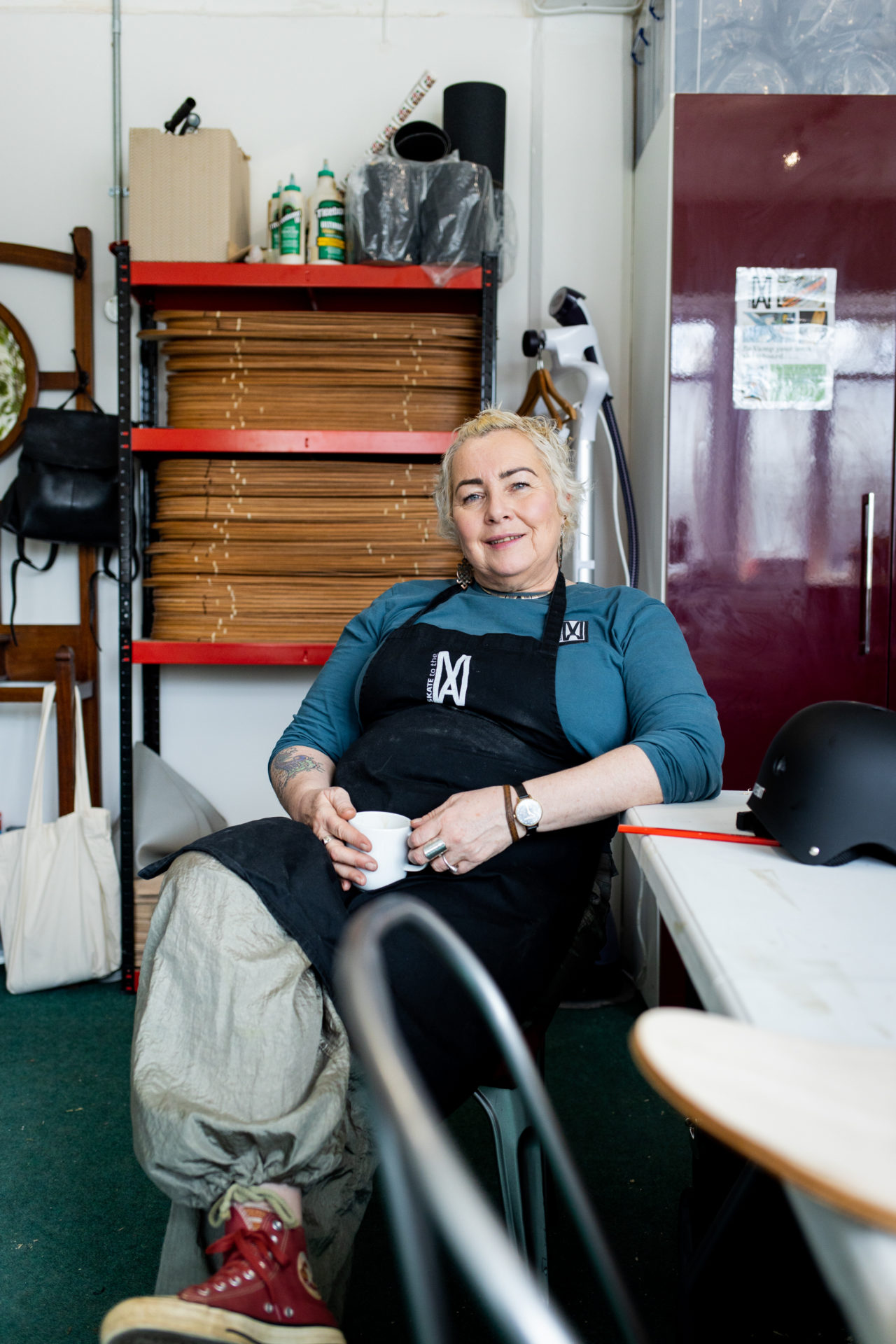
We have made a great connection with the University of Plymouth through the Get Involved Awards. It’s a development and research award; Diego is our researcher, and, with the help of Dr Graham (Emergency and Critical Care), they submitted a proposal to the Trauma Audit and Research Department to get information about skateboard accidents within the UK because there’s no data on that. We should probably have results by the end of this year, it’s a long process, but once we’ve got the information, it will help us move forward, and from the grassroots, the skateboarders, we do our best to make this sport a little safer. I think, ultimately, it would be to design a new style of helmet that skaters can wear.
Most of the information we’re getting is through local surveys; we survey everyone who comes to one of our workshops. The main restriction to wearing the helmets that are already on the market is they’re too hot and cumbersome, so it stops them from doing tricks, and the design needs to be cooler. So they’re looking for something more user-friendly.
We’re up against it. There are a lot of big brands that don’t promote their gear, with models wearing skateboard helmets. You often find me shouting at the television, especially in the Olympics, not wearing helmets. Why?
I was pretty young when I learnt to ski and competed in a few races, but we never wore a helmet. How things have changed now. You go onto the slopes these days, and everybody’s wearing a helmet; it’s almost like you’re not cool if you don’t. Maybe skateboarding will be like this in the future.
There are so many elements to it. There’s the design side of it, but then there’s that sort of the psychology behind it; there is also the climate; if it’s hot, they don’t want to wear any clothes, let alone a helmet.
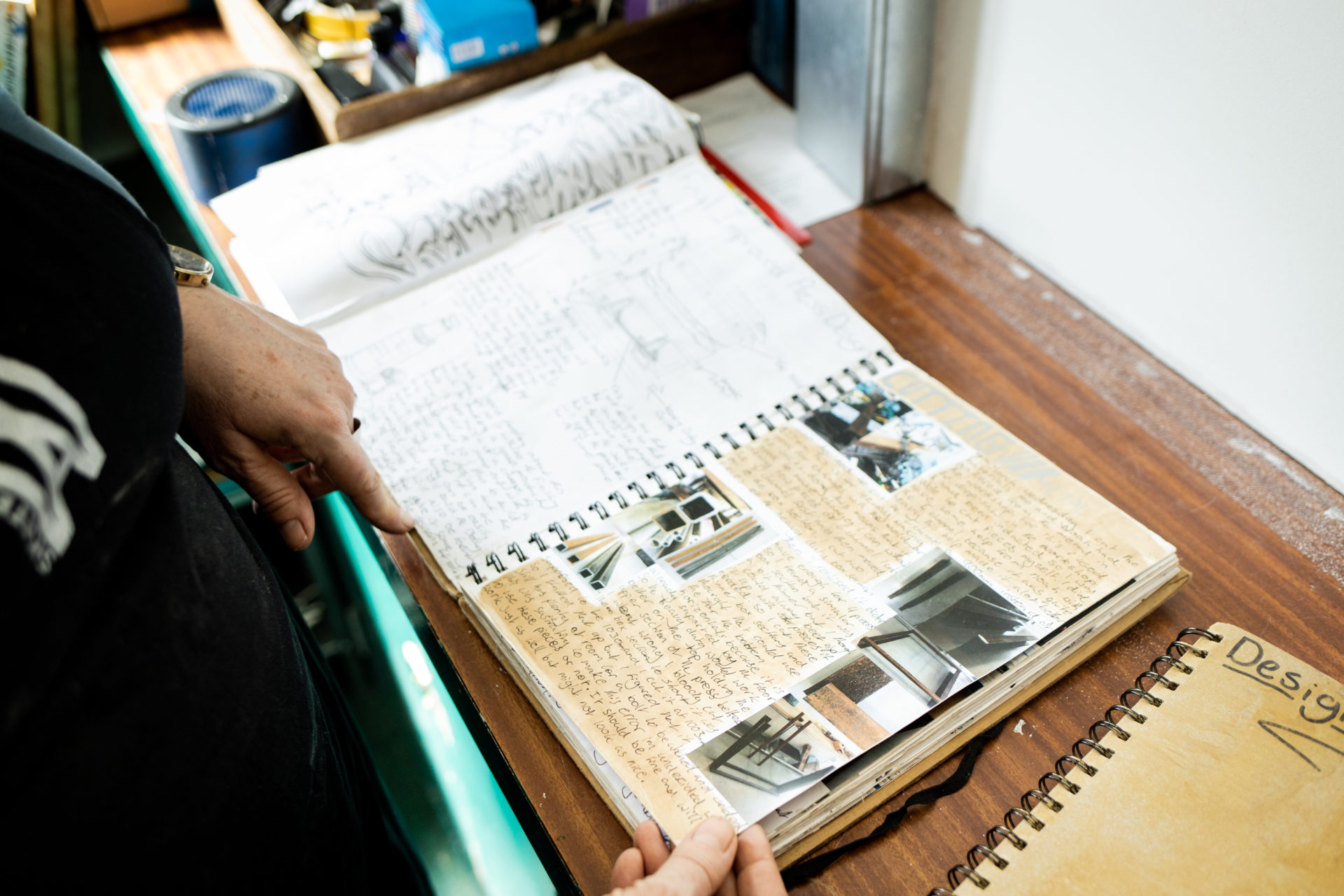
What’s your favourite thing about your job?
I get to work with my boy every day. It’s great.
I work from his book whenever I am stuck. I often think I am out of my depths. I have never made a skateboard before, and it’s been at least 30 years since being on a skateboard. It’s just a lovely thing to do, and even if it is just a part of my grief process, it’s certainly helped me through that because he is with me.
I’m still learning. Every day is a school day. But then we rely so heavily on funding, so we’re primarily funded CIC apart from the merchandise we sell; we don’t have an income. We’ve tried to run the workshops as a payable option, but I think people don’t have the spare money to do that with the current financial climate. It’s very niche.
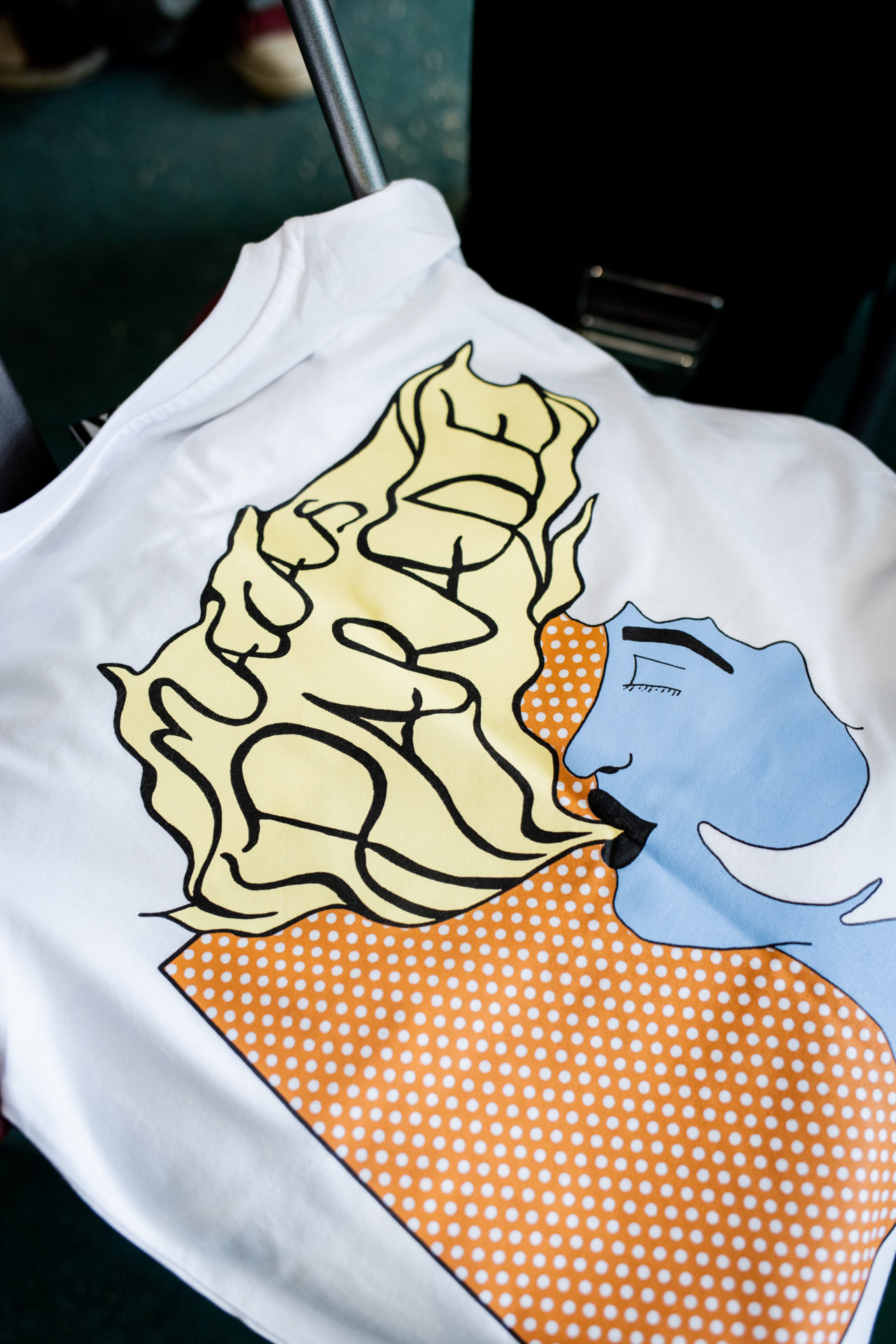
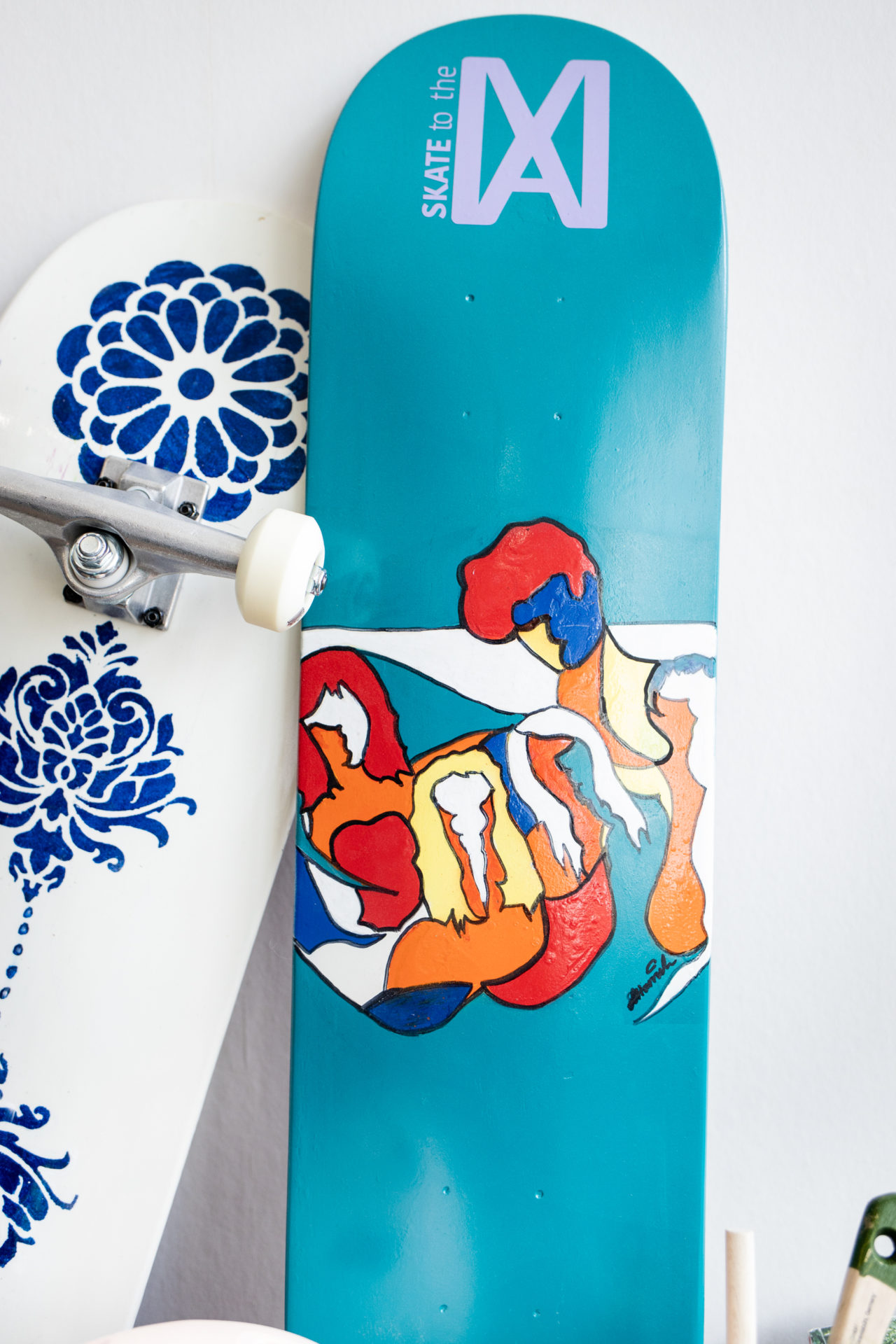
One thing for everyone to try?
Everyone should try and be kind if we walk this earth gently and with kindness because regardless of what’s going on, we don’t know what’s going on with that person. To be unfair and unkind is hard for that person. I’ve been in situations, especially in the depths of grief, where I’ve had people in cars with road rage, and they don’t understand.
Listening is a great skill, not putting your experience forward when someone’s opening up to you. I often get people saying, oh, I lost my dad, but that’s nothing compared to you and what you have gone through, but I think it is. This is your journey, this is your experience. Everything is relevant and just as painful.
It is a great place to be in, to sit with someone and create something beautiful. However, the gift of being heard and supported is precious to me.
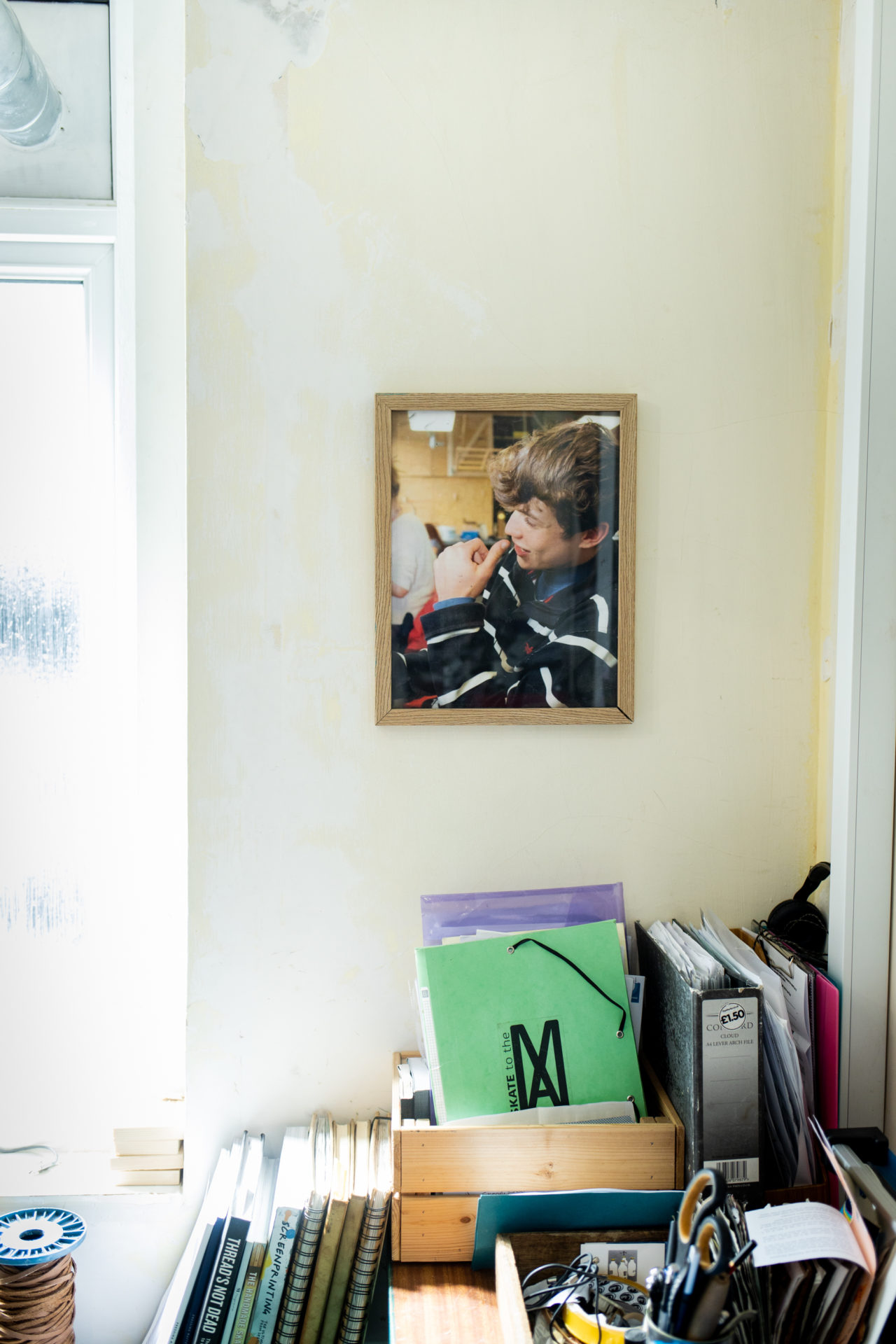
What aspect of STTM are you most proud of?
There are many aspects to take some acts that I’m proud of. I’m proud of all the people that are involved with SKATEtotheMAX. I’m proud of each of their journeys, and have dedicated their time to getting this up and running. Also, I’m proud of the community that we’re in. I’m proud of the everyday struggles people overcome through the joy of meeting up with their mates and just larking around; it’s so important; we have to play.
I’m proud of my son and his gift to me for my work. I would love to have him back and be sitting at this table with him, doing this with him. Whether I would or not, I don’t know, but I would just long for that. So what better way than to continue his legacy and be proud of our achievements?
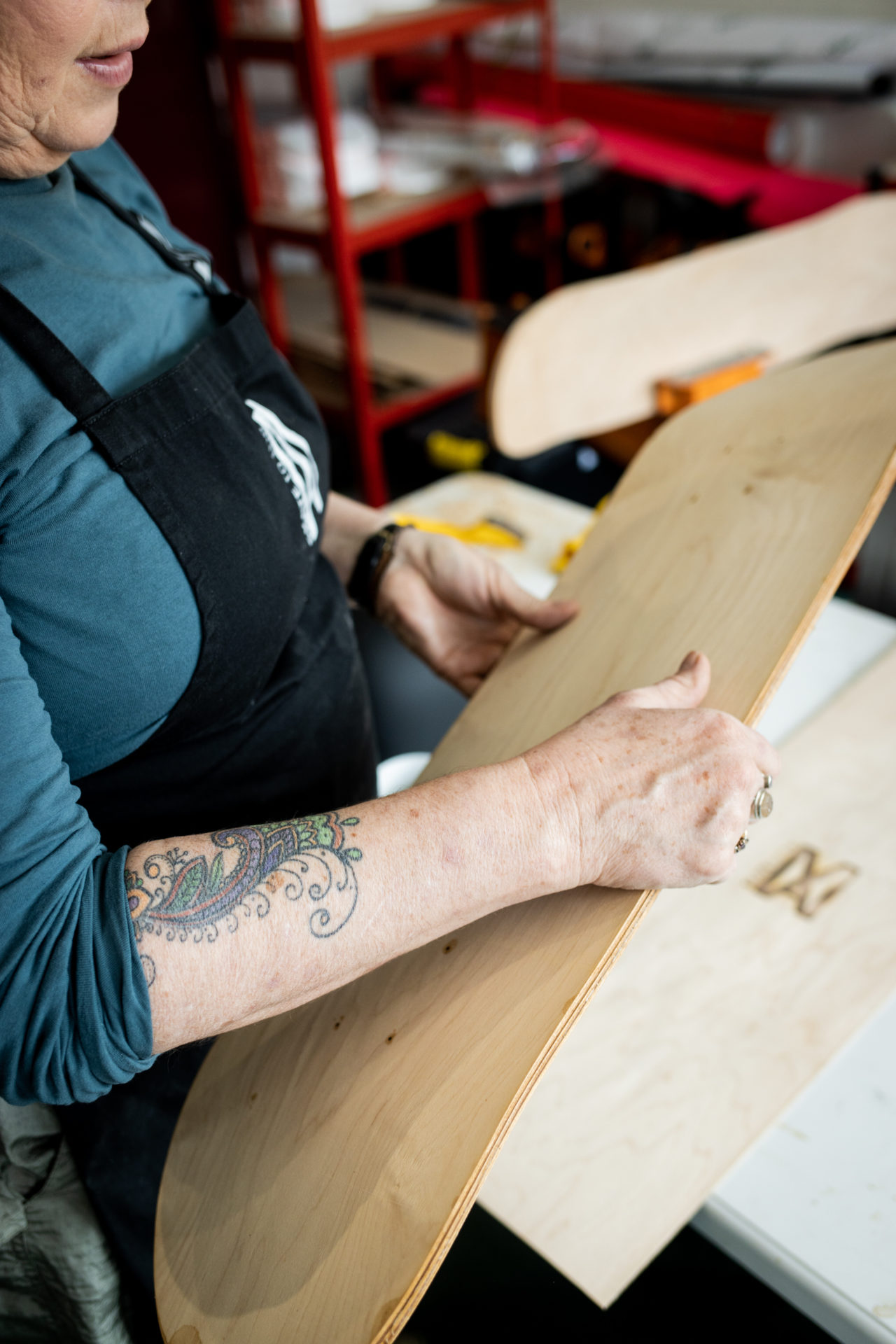
How do you maintain a work-life balance?
I don’t.
I struggle with social media so much. It’s so in your face, isn’t it? Moving into the studio gave me more life-work balance because I could shut the door and leave the space. I slowly got around to having a cut-off time when I answered emails. So I’m not at home with my daughter or my partner answering emails at 10pm. If it’s essential and urgent, yes, I will. I am limiting the number of days I work on Skate To The Max, but it’s not easy, I don’t have another job; this is it. I don’t get paid for this job either, impacting our home. It’s a big sacrifice, and sometimes there’s a lot of heartache at the thought of how you keep going. Also, funding applications are so long and often complicated.
It’s not just us. Anyone in business, especially now, would be trying to muster some income to survive.
There must be some companies out there that have a charitable responsibility programme. We need to exercise patience because it only happens sometimes, and establishing a name or brand takes a long time. It takes a lot of time, effort, and patience, and if you’ve got that expectation, you can ride the waves and adjust the business to sort of go with the flow, around what’s happening in the world. I mean, there are people out there far worse than us.
We’d like to get into the schools. We’d like to be able to take some pre-made boards and just do some graphics with the kids and still have that engagement, still talk to them about safety. Most of our surveys have shown that young kids will wear a helmet, mainly because their mums and dads are telling them to wear it. At that age, it’s almost like their rite of passage that they can take their helmet off and skate without one. We want to change this attitude or give them the data to encourage an informed choice.
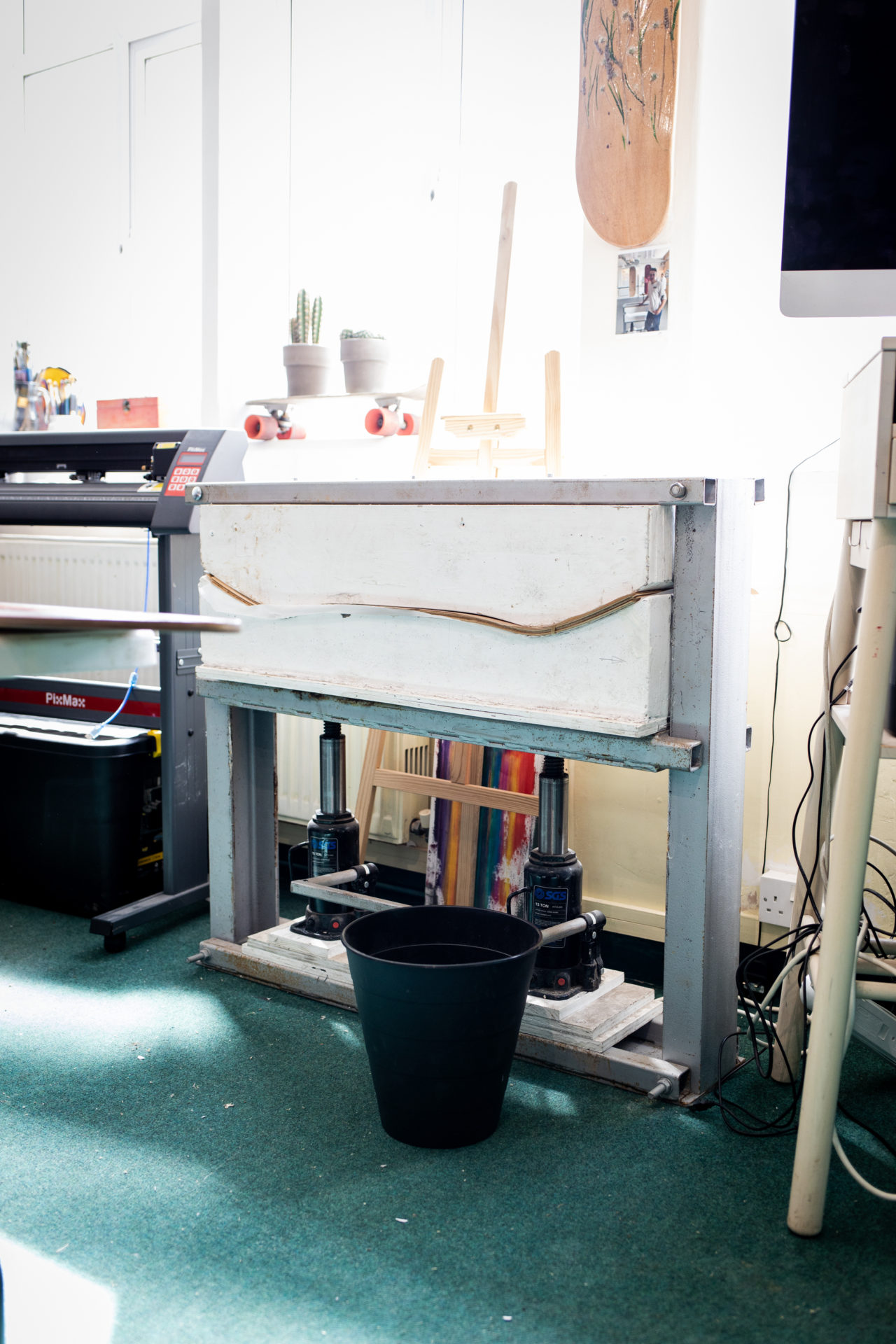
What plans do you have for the future, for you in the business?
We would like to venture to the rest of the UK and take the workshops mobile. We’ve got an old horse box that we’ll do up and run our studio from that and take to different places. Spread the word, spread the message, and who knows what will come of it. It’s a big adventure out there in the skateboarding world.
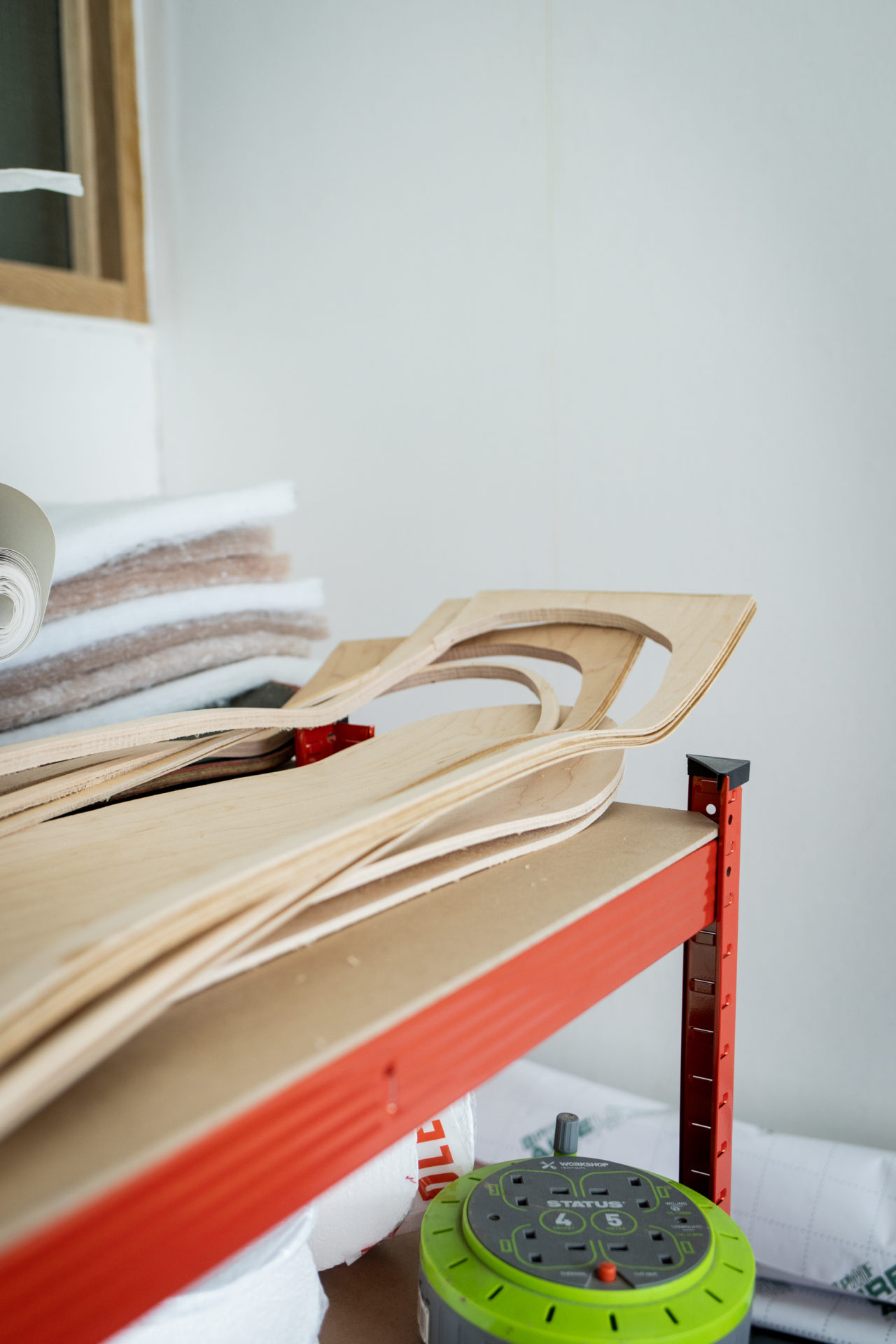
Playlist or podcast. And do you have any recommendations?
I like a good podcast as long as it’s funny. I love Off-Menu with James Acaster.
There’s another one. My Therapist Is Ghosting Me with two funny women. One’s a comedian; one’s a model. Very funny. I love music. I work to music all the time. What’s my thing at the moment? I love a bit of Elbow and James, Stereophonics. Jessica Hoop, I’m very eclectic. I can also listen to a bit of classical.
Funny enough, I love Trap music. That’s from Max when he was alive; it was annoying as anything when he used to get in my car and put his music on very loud, but now I see it, I love it. It’s just poetic. I love off-beat stuff, I love reggae, and I love something that takes that different beat. It sums me up!
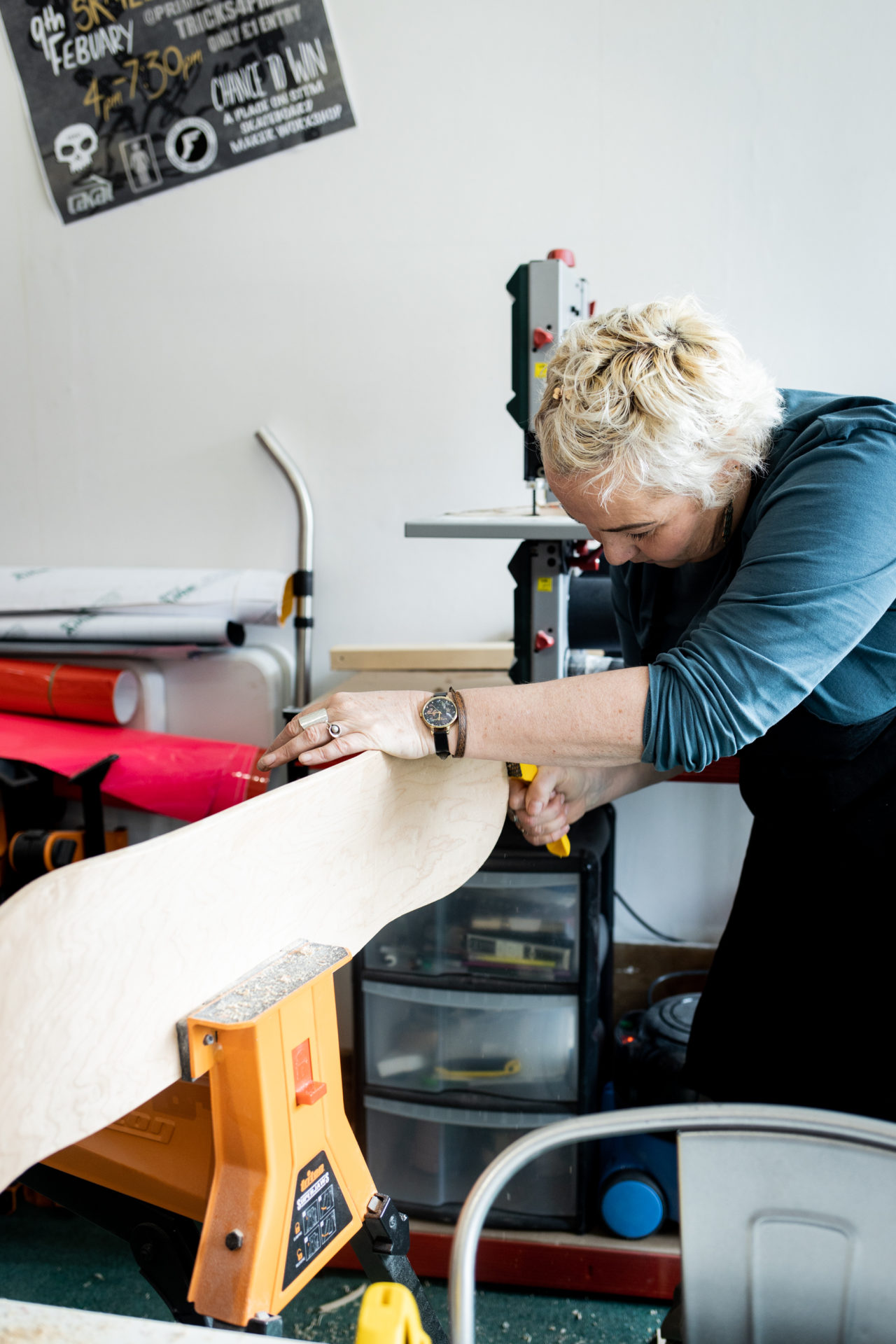
Any advice for people looking to start up a CIC company?
Yeah. It takes work.
Starting a CIC, taking it slowly, being patient and sourcing people to help you. Don’t be like me and try to do everything. It’s not sustainable.
I’m not very good at asking for help, and that’s probably a critical thing: ask for help; if people say they want to volunteer, get them in and give them a job. It’s trusting people; I think it’s great to be able to have those people on board and to nominate them with a purpose or a job.
But primarily, it is the responsibility of one person heading up that organisation to know that the people surrounding them will do the jobs that they put their hands up for.
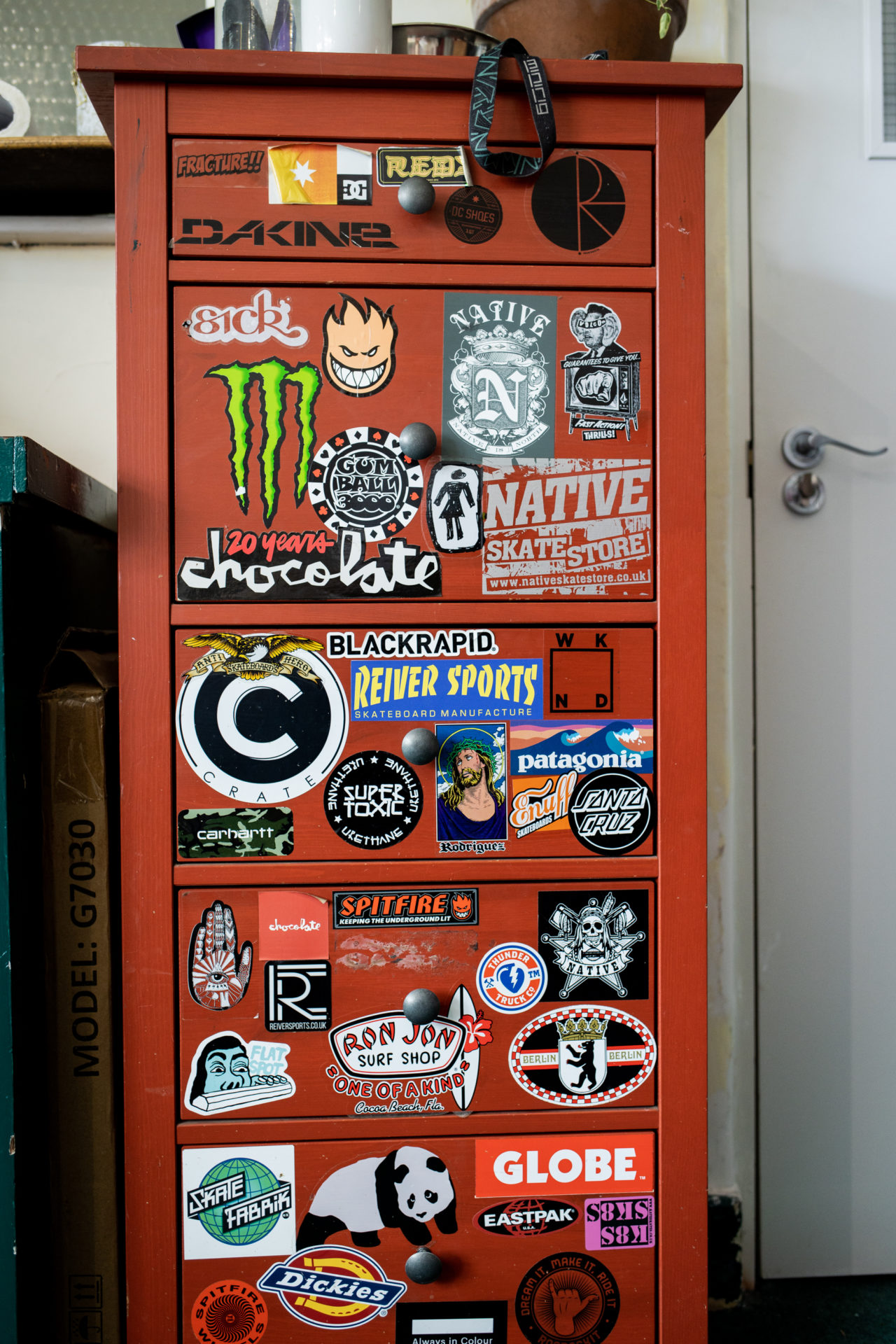
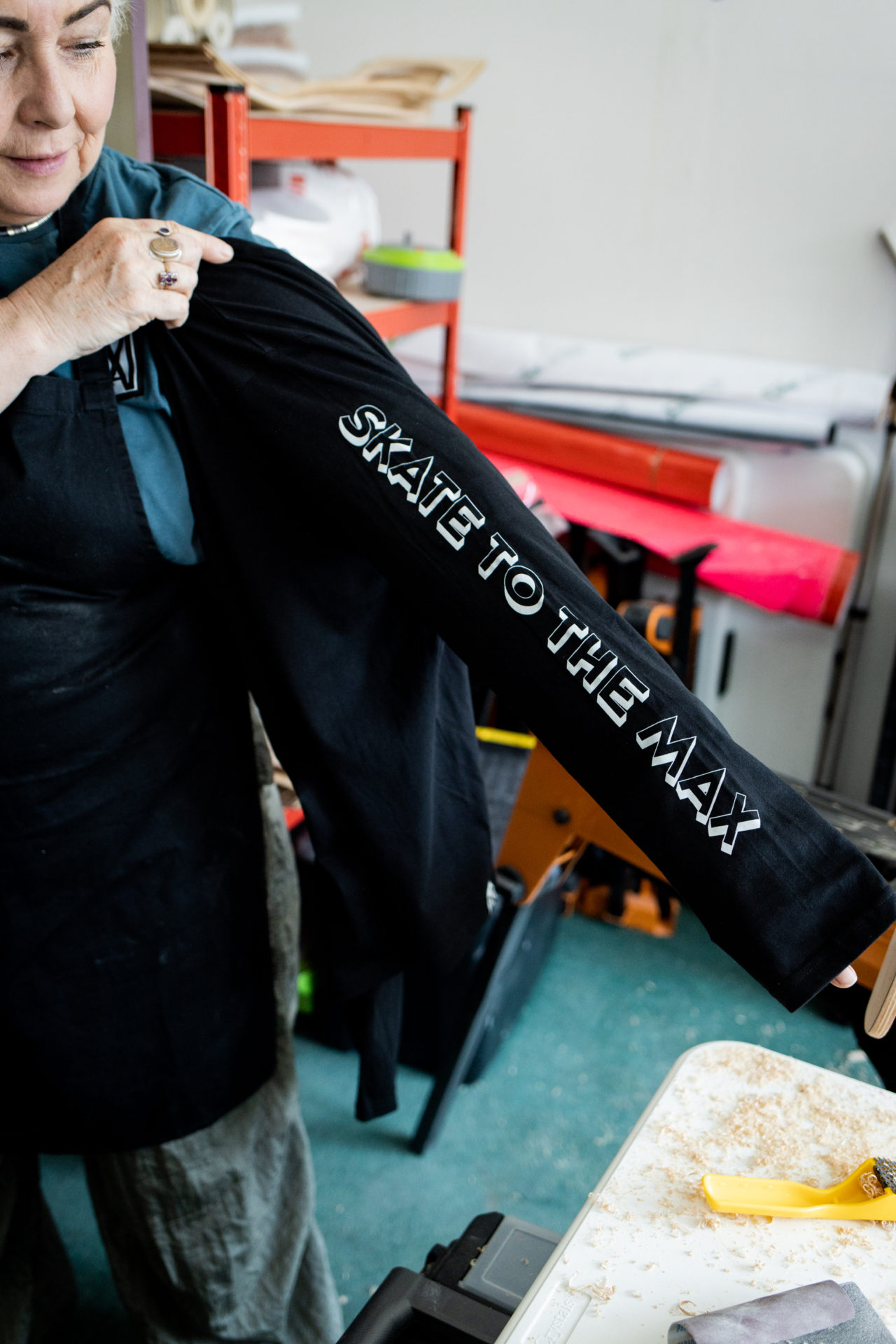
What keeps you in Plymouth?
The community and unpretentiousness of it and all the grassroots businesses here. It’s a great spot with a lot of potential. You’ve got a waterfront, harbour, some beautiful buildings, some ugly ones too, and it’s a friendly place.
I love that this is how people should walk through this earth as being less judgmental. In Plymouth, it is evident that there are many people with different stories and demographics, some of them struggling, some thriving. We’re all in this mix of humanness together. We mustn’t judge.
That’s where my whole ethos of being kind comes from.
Everyone has a story.
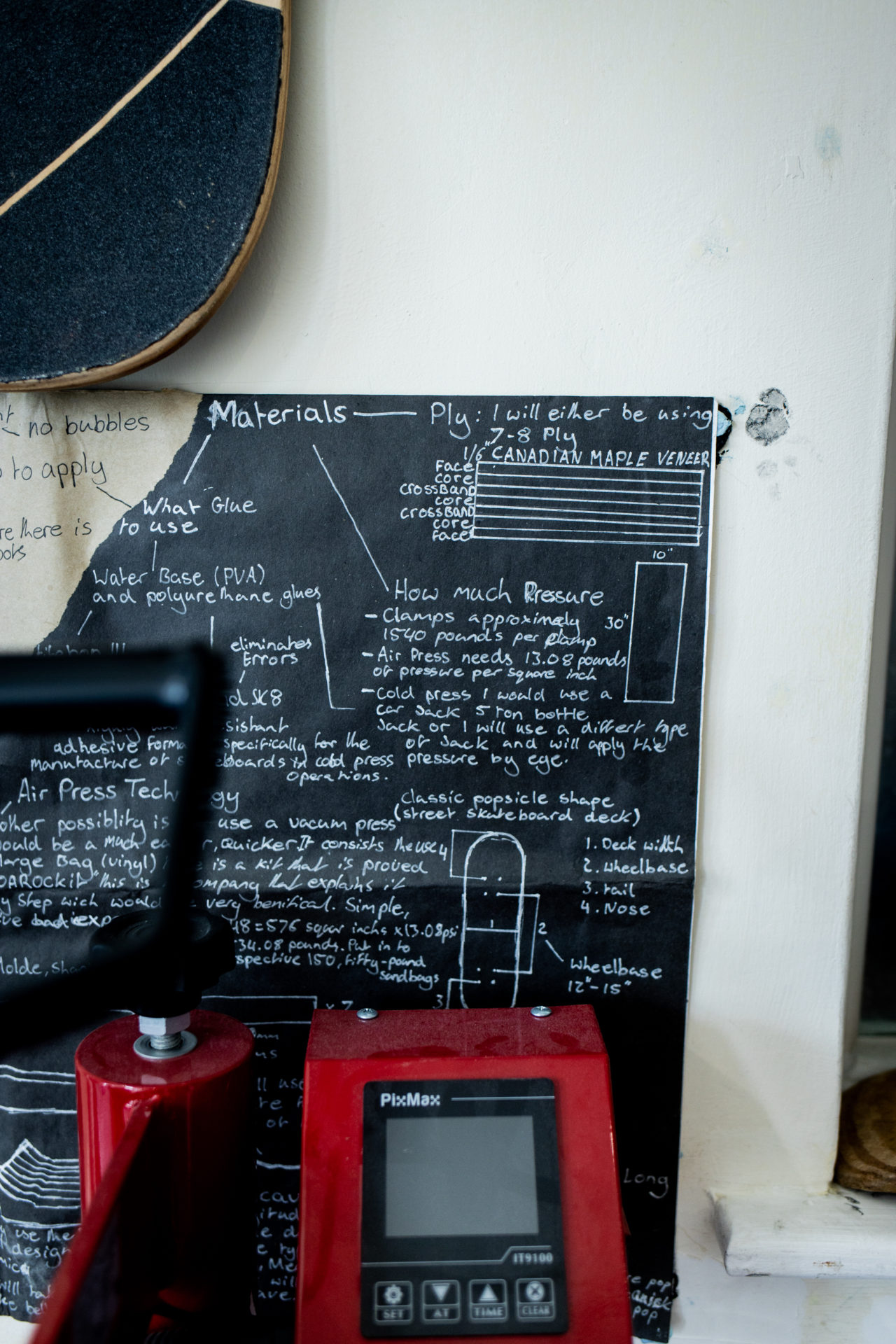
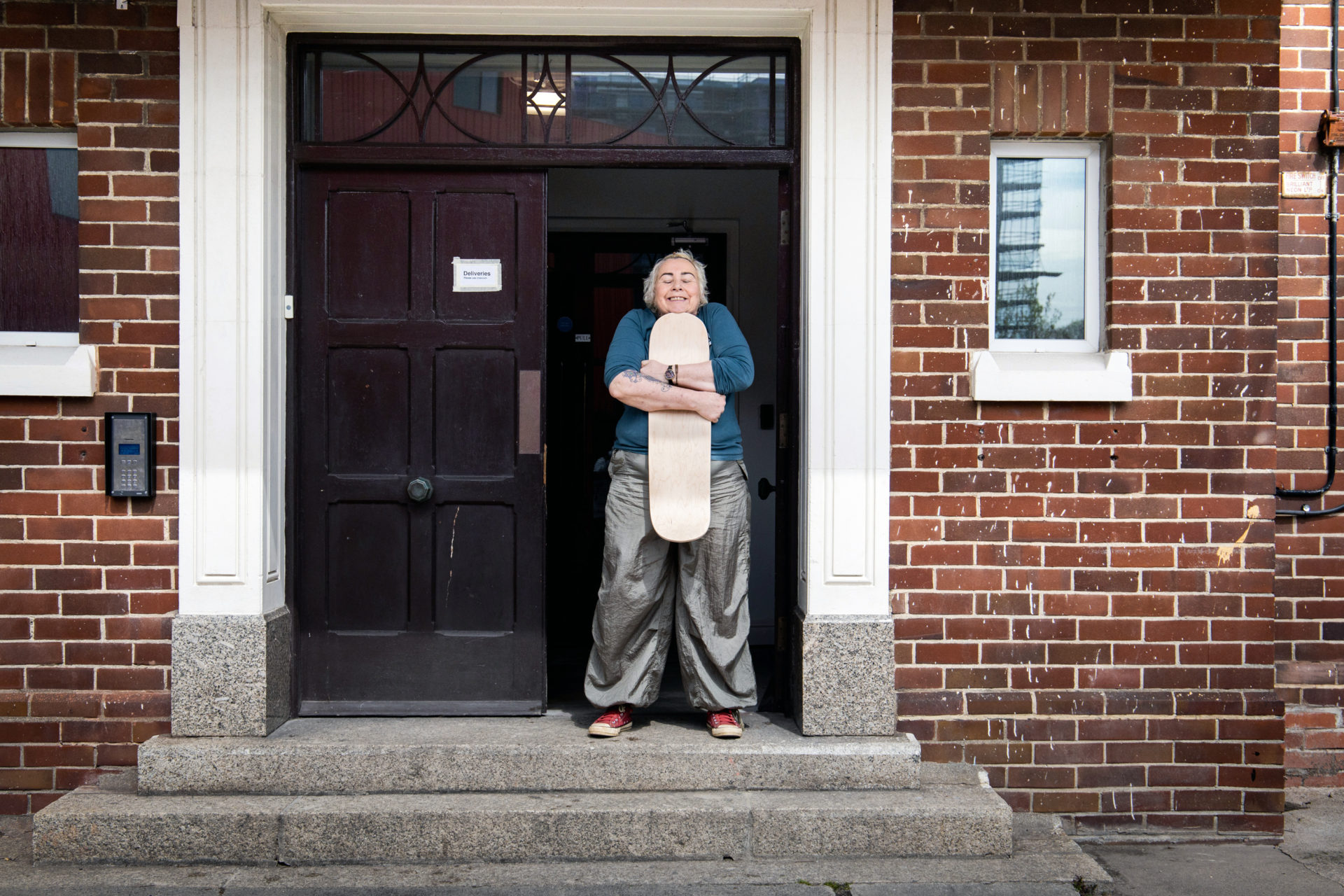
Check out SKATEtotheMAX:
Website > https://www.skatetothemax.co.uk/
Instagram > https://www.instagram.com/skatetothemax_/
—
If you’d like to feature on our HEY Series please let us know. Get in touch here.